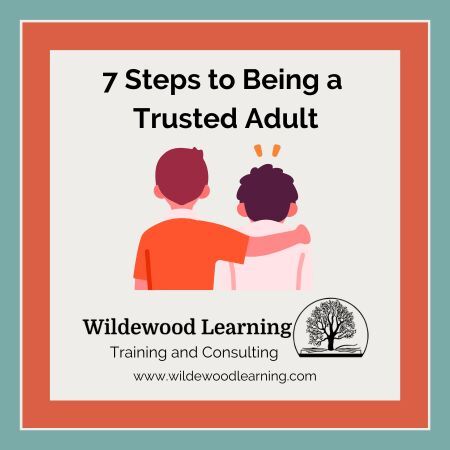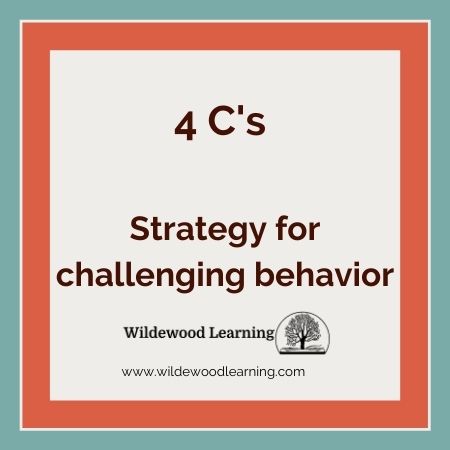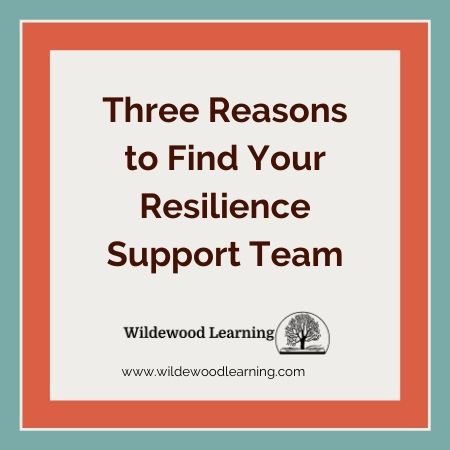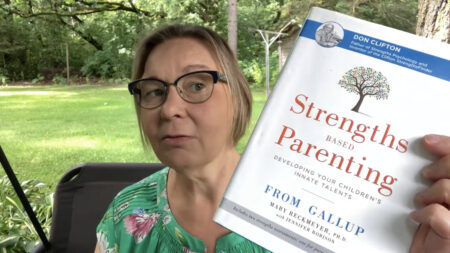What happens when your expectations are high, but the reality is much lower?
Change!
The idea of having a family did not cross my mind until I was in my mid-thirties. My husband and I were not sure we wanted to have children. However, as we both grew older, the idea of having a family became more and more prevalent in our life. We were not able to have biological children and looked at other options for creating a family. We chose adoption through the foster care system. We wanted to adopt two children; we were blessed with four.
In our minds, we had expectations about what our family life would be like: Days filled with joy and happiness, rainbows, and tripping through snowdrifts (it was January in Minnesota when they came to our home). Oh, we knew there would be times where we would struggle. I had read many parenting books about adopting children from hard places. I was prepared! Yeh right!
I am glad my husband and I didn’t realize how little we knew at that time. Our expectations of parenting did not match our reality. Not even close! There have been times of tremendous joy and happiness, countered with times of overwhelm, worry, and struggle. It’s not easy going from 2 to 6 people in a house, literally overnight.
I had to let go of the expectations of a perfect family. However, in letting go of those expectations, I gained so much more!
Showing myself and others grace
Grace can mean courteous goodwill and can be challenging at the best of times. One of the changes I gained was to practice grace. I needed grace for myself before I can have it for others.
There have many times I have practiced grace for myself. One such instance was when my son had a minibike accident.
“What did you do that for?” is what I blurted out to our 10-year-old son after his mini-bike accident. He was riding his mini-bike in the yard, Racing faster and faster around the lilac bushes. I could see the deep path in the dirt around the bush. He cut a curve to close, and slip went the bike out from under him, slamming into the sharp, newly pruned branches.
After I asked my blunt question, he lifted his pant leg and displayed a deep puncture wound in his leg. Tears started to roll down his dirty cheeks. You can imagine the disappointment in myself for not showing empathy when my husband brought him to the hospital for nine stitches.
In this instance, I had to allow a little grace for myself. The words slipped out of my mouth before I even thought through the impact of those words. I have done this more than once, not considering the effect of my words.
Grace to Children
Our children came from a hard place. Their early childhood was less than idyllic. In listening to the podcast interview of Oprah and Dr. Bruce Perry by Brene` Brown, the question to ask about a child’s behavior is not “what is wrong with them” but “what has happened to them.” Early childhood trauma can have a lasting effect on a person’s health, behavior, and learning.
When looking at a child’s behavior, ask yourself, what has happened to this child? What is the child’s story, and how can I give them some grace in this past stressful, overwhelming year? The act of grace comes in all forms, saying sorry, smiling at a child that has just made a rude comment, or taking a deep breath (or two) before you consider what to say.
Take the time to give yourself, your family, and others a bit of grace in your life. Interestedly the word grace has increased in use over the 20 years – maybe because we need to show more of it. We all need it.
Photo Credit: Image by kalhh from Pixabay









